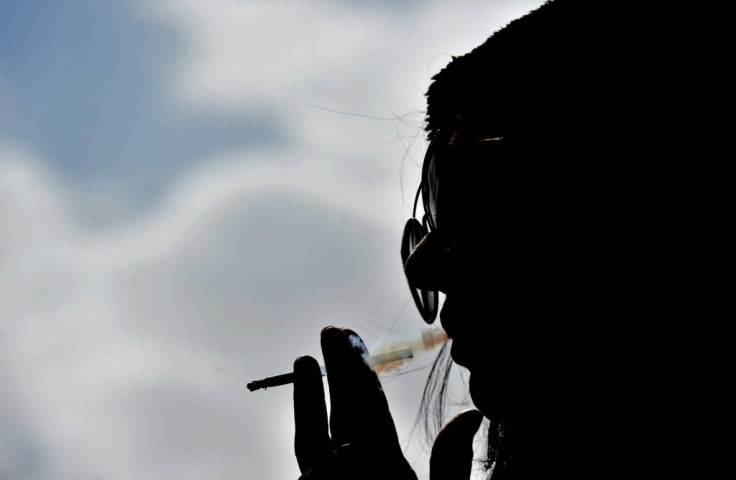Coronavirus Update: French Researchers Plan To Test Nicotine Patches On COVID-19 Patients
SARS-CoV-2 pandemic raises a considerable issue of public health and there is a pressing urgency to find treatments based upon available scientific knowledge. Smokers might be much less at risk of contracting the coronavirus infection, suggested a new study. French researchers are planning to test nicotine patches on COVID-19 patients.
Researchers from Hôpitaux de Paris and Pasteur Institute in France, tentatively, propose a hypothesis they hope might ultimately help save lives. New epidemiological data revealed that current smoking status appears to be a protective factor against SARS-CoV-2. Clinical trials of nicotine patches are awaiting approval from the country’s health authorities.
“We hypothesize that the nicotinic acetylcholine receptor (nAChR) plays a key role in the pathophysiology of COVID-19 infection and might represent a target for the prevention and control of COVID-19 infection," said the researchers.
However, it is important to note that the researchers are not encouraging the public to take up smoking. Smoking carries potentially fatal health risks and can be fatal to about 50% of those who do. The researchers highlighted that, while nicotine might protect individuals from the deadly novel coronavirus, smokers who have caught it often develop more serious symptoms due to the toxic effect of tobacco on the lungs.
According to the data collected at the Pitié-Salpêtrière hospital, only 4.4% of hospitalized COVID-19 patients were regular smokers and among those who recovered, 5.3% smoked.
Nicotine might stop the coronavirus from reaching the cells in the body and preventing its spread, according to the renowned French neurobiologist Jean-Pierre Changeux who reviewed this study. However, the findings are to be verified in a clinical study in which frontline health workers, COVID-19 patients, and those in intensive care will be given nicotine patches.
“Our cross-sectional study strongly suggests that those who smoke every day are much less likely to develop asymptomatic or severe infection with Sars-CoV-2 compared with the general population. The effect is significant. It divides the risk by five for ambulatory patients and by four for those admitted to the hospital. We rarely see this in medicine,” The Guardian quoted the authors of the Pitié-Salpêtrière report.

© Copyright IBTimes 2024. All rights reserved.






















